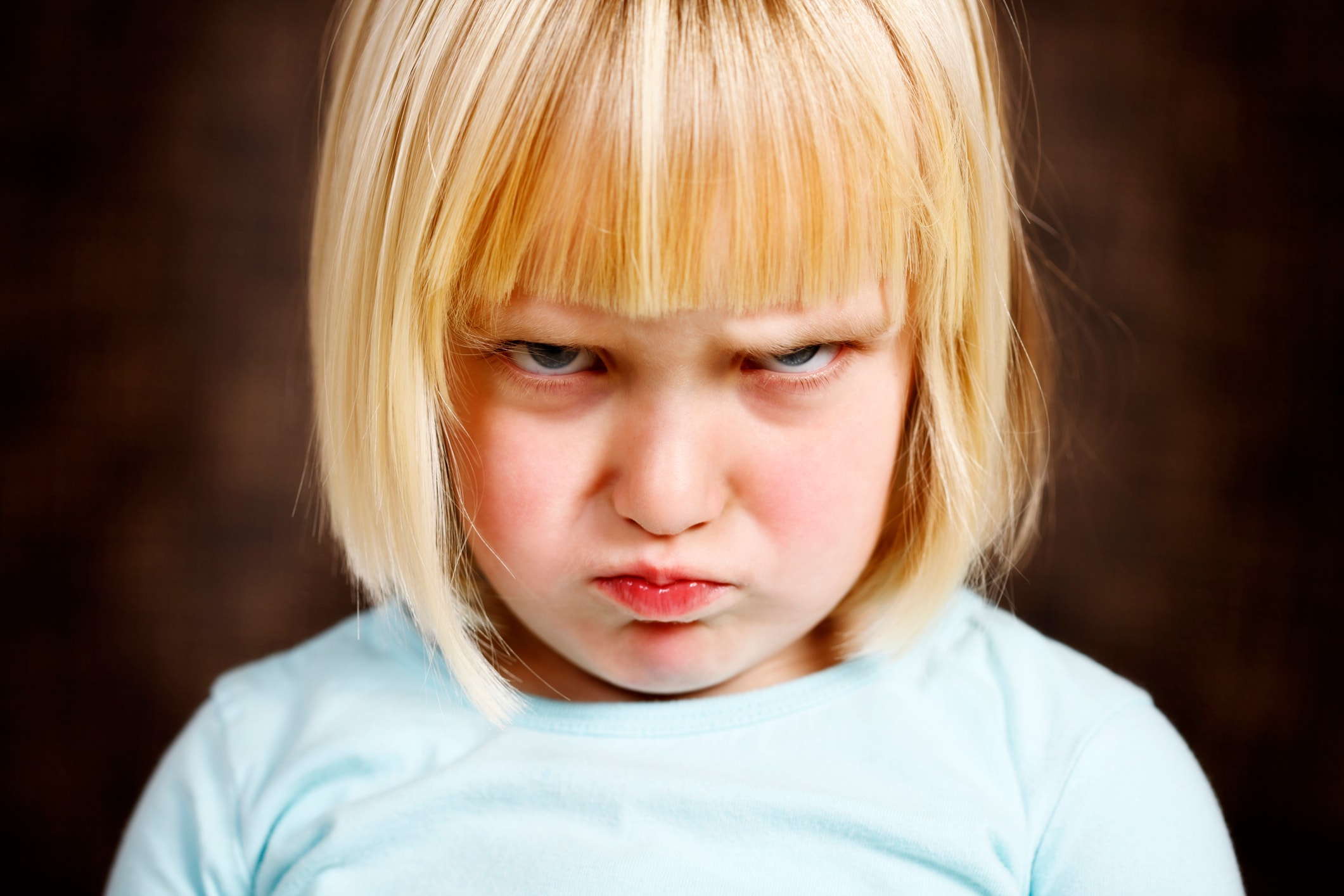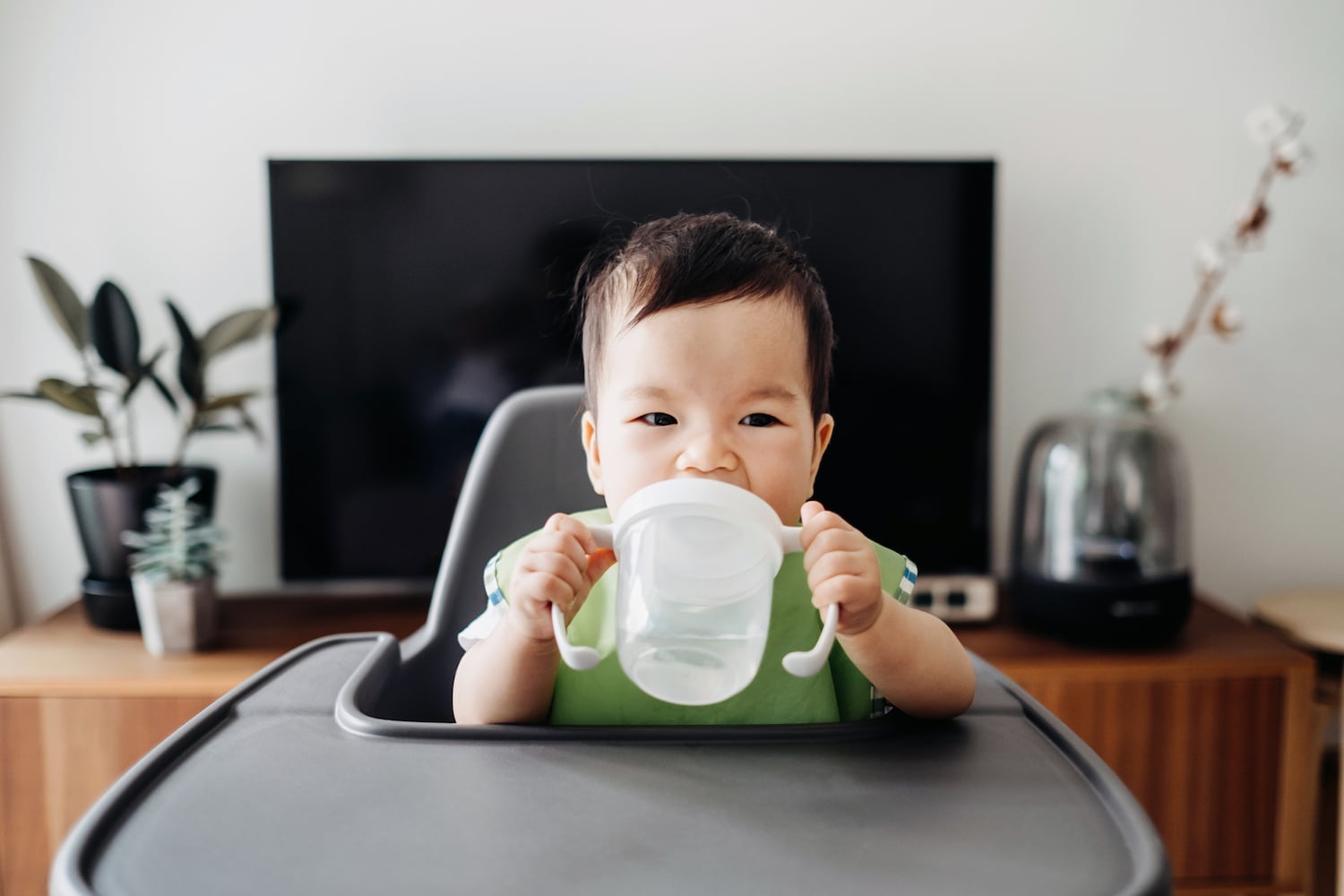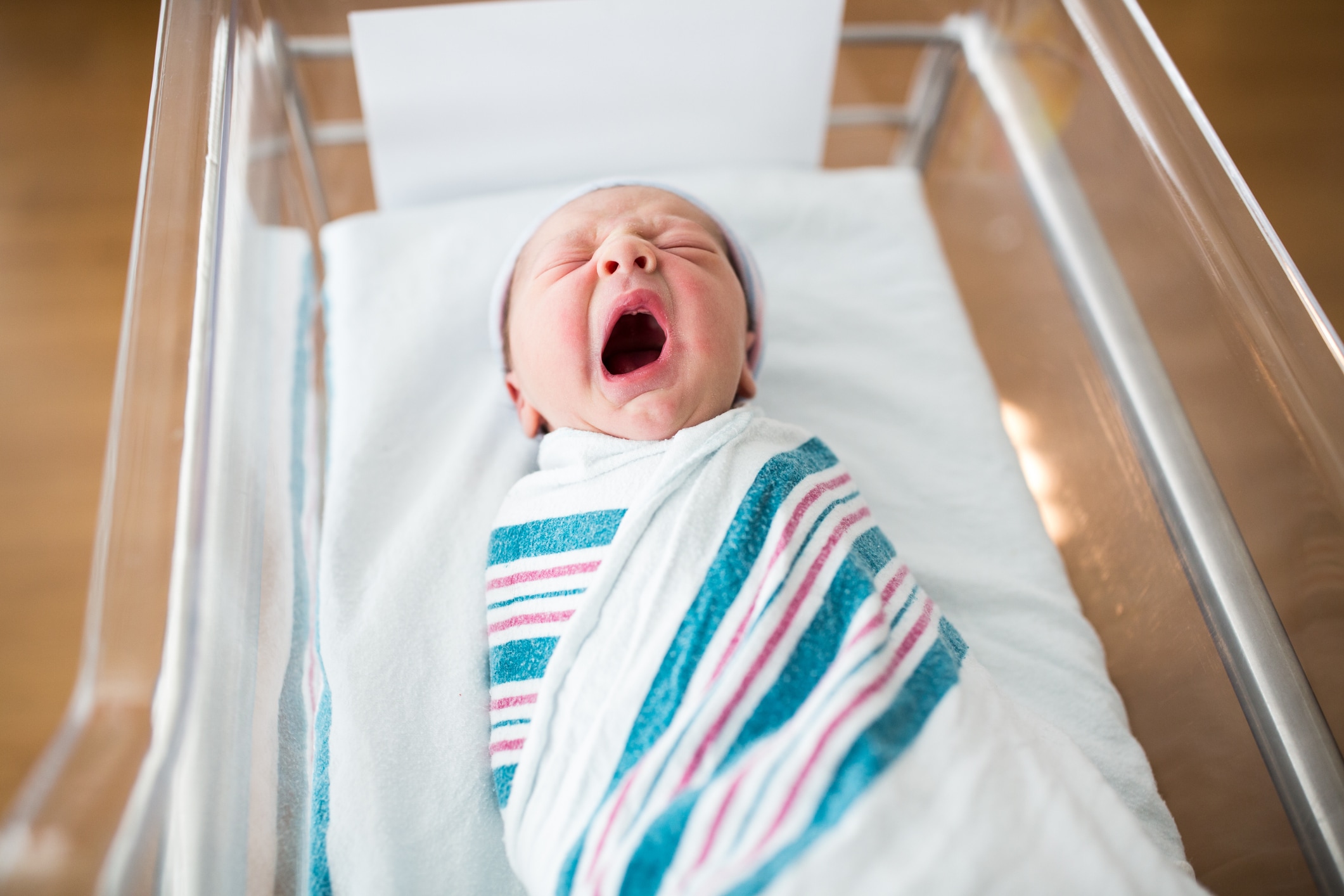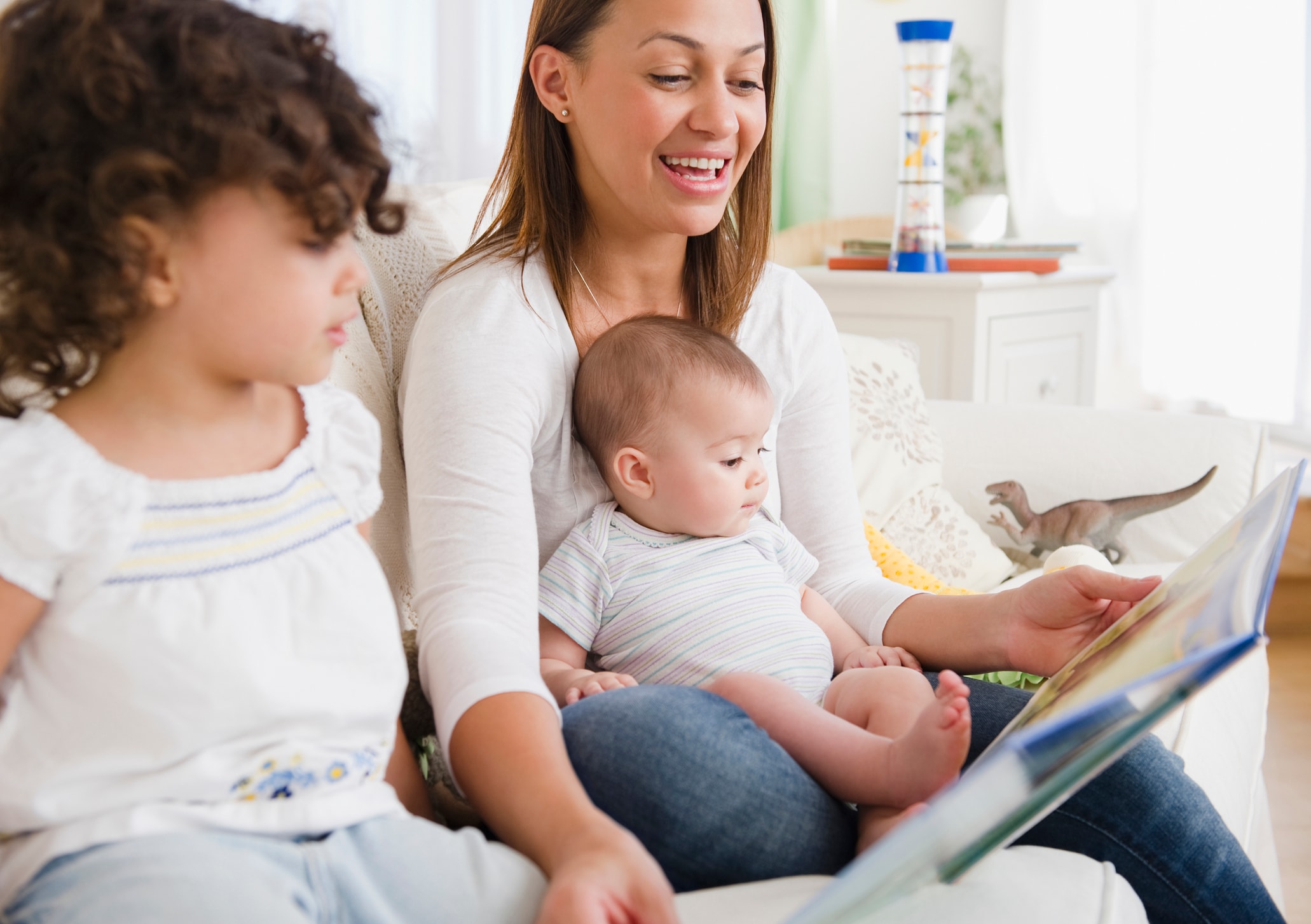Even in the best of times, raising kids is tough and can often feel like an uphill battle. But the last couple of years have been exceptionally rough on families, and if you’ve been more forgetful, tearful, irritable or resentful lately, you’re far from alone. These symptoms of burnout, which has pretty much become an epidemic brought on by the pandemic.
“For 2+ years, much of our parental journey has been all about coping with the circumstances, not having control over how our lives were changing and how it was impacting us and our household and our kids,” says life and career coach Letisha Bereola. “But we’re still dealing with these unique stressors from the pandemic. And burnout started to happen when everything seemingly was kind of getting back to normal, and we were still very stressed out.”
Bereola points out that burnout is the result of chronic stress, chronic exhaustion and chronic emotional imbalance or feeling emotionally wired. Because so many families have been saddled with a combination of these challenges for so long, it’s almost as if burnout has become a way of life. But Bereola says it’s possible to learn how to build supportive new systems, enabling you to thrive, not just survive.
Here, the entrepreneur and mom of two shares what exactly has led to parental burnout for so many people and what tools you can lean on to cope.
“You’re not crazy, you’re not weak and you’re not a bad parent. You’re actually burned out.”
— LETISHA BEREOLA, CAREER AND LIFE COACH
What caused the burnout parents continue to battle today
Although numerous variables — decisions around working or schooling from home and screen time, masks or no masks, vaccines, et al. — and unending uncertainty were especially prominent during the peak of the pandemic. “We were in survival mode, making decisions to the best of our ability and going through the motions, which took a lot out of us,” says Bereola.
But as parents have settled into the new normal, the stress caused by that period has stayed with them all while facing shifting dynamics around parenting, structuring time with kids and navigating who’s responsible for what, notes Bereola. ”That is emotionally exhausting,” she points out. “Not to mention the fact that parenting is already stressful.”
In other words, the baseline already is very high stress, and then, there’s the extra layer of contending with a new world and a new set of concerns, she says. “So it’s really the perfect storm to produce stress that is day in and day out.”
And it’s precisely that form of compounded, chronic stress that triggers burnout.
What you can do to address parental burnout
Tackling chronic stress and dealing with burnout doesn’t have to mean booking a two-week getaway to a spa resort. It can begin with these simple tips from Bereola:
Recognize just how real it is.
Although the World Health Organization has defined burnout as something that happens in the workplace — aka “occupational burnout” — Bereola says it’s important to acknowledge just how common it is among parents.
She points to a recent report from Ohio State University on pandemic parenting, which found that 66% of parents reported being burned out. But one of the most optimistic points the researchers made was that recognizing and having awareness around the fact that you’re burned out can make a huge difference, says Bereola.
“You’re not crazy, you’re not weak, and you’re not a bad parent,” she notes. “Allow yourself to accept that. You’re actually burned out. It starts with recognizing it and being aware that this is an actual thing — it’s not in your head.”
Start with self-care.
Bereola notes that the top tip from Ohio State researchers is make time — even just a few minutes a day — for self-care.
“It sounds cliche, I know,” she says. “But something as simple as doing something just for yourself that brings you joy, that makes you feel alive, that brings you back to yourself, every single day is actually found to reduce that feeling of burnout.”
This could look like simply taking five minutes to sip your coffee slowly or catching up on your favorite show. Think of a something simple that you enjoy that makes you feel like yourself. For Bereola, a couple of hours spent getting her hair done is one such perfect self-care moment. It’s an uninterrupted opportunity to do something that leaves her feeling good about herself, rejuvenated and happier. ‘I did something for myself, I took care of myself,” she explains. “I filled up my cup a little bit so when my kids come home, I can pour it into them.”
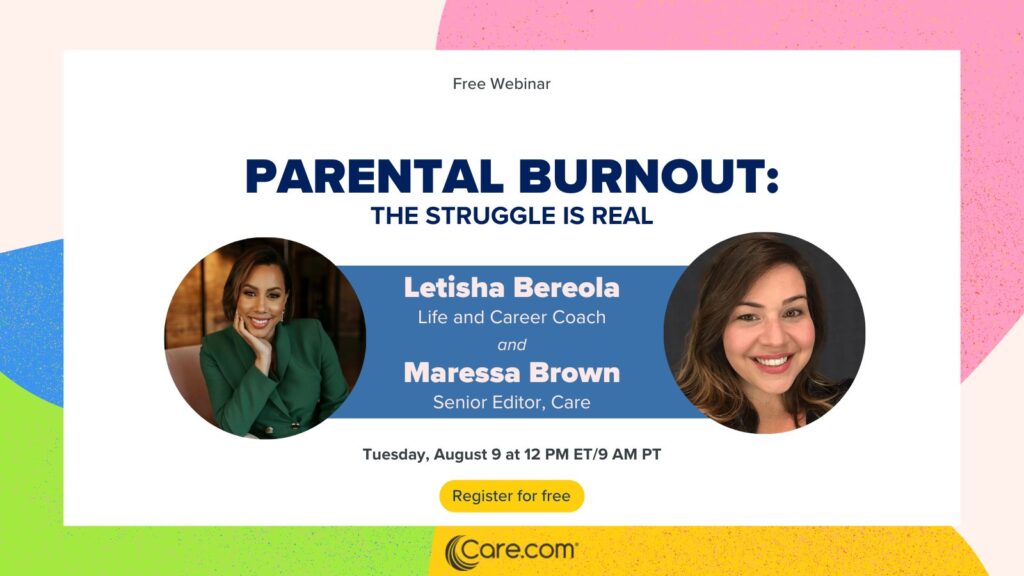
Lean on others.
When you’re busy with work and raising little ones, time with friends might seem like it’s the no-brainer thing to scrap from your calendar. But reaching out to other parents and people in your support network is crucial to addressing burnout, says Bereola.
“Say, ‘Have you guys been feeling like this? Are you feeling like you just don’t get a break? Like you’re tired every day, that even eight hours of sleep doesn’t cure this feeling of burnout?’” she suggests. “Get it out, and you’ll find that your best friend or your sister is feeling the exact same way. And having that sense of community can make a big difference.”
“If you don’t express that you’re not able to do this every day without losing your mind, then you’re going to start to be a little bit resentful of it.”
— LETISHA BEREOLA
Don’t be afraid to ask for help.
It can be easy to just put your head down and keep doing what you’ve been doing for the last couple of years, but Bereola urges parents suffering from burnout to share with a partner or family member that you need help.
Say you have always taken on the responsibility of getting the kids ready for school every day — making breakfast, getting them dressed, brushing their teeth and getting them out the door. “If you don’t express that you’re not able to do this every day without losing your mind, then you’re going to start to be a little bit resentful of it, you’re not going to enjoy it anymore and you’re gonna burn yourself out,” says Bereola.
In other words, if something is starting to feel like too much, speak up.
Burnout: The big picture
Ultimately, all of these burnout remedies come down to giving yourself some grace.
Bereola advocates striving to do that every day, which means letting go of how you feel you might’ve fallen short or whatever drama happened yesterday. “Leave that there and start a new page,” she says. “Your kids are fed, they’ve got a roof over their head, they are clothed, they are loved. And all of the other expectations we put on ourselves, you can relax those a little bit. Give yourself some credit, and be kind to yourself.”
And by doing so, you’ll be on your way to unraveling and reversing burnout.

